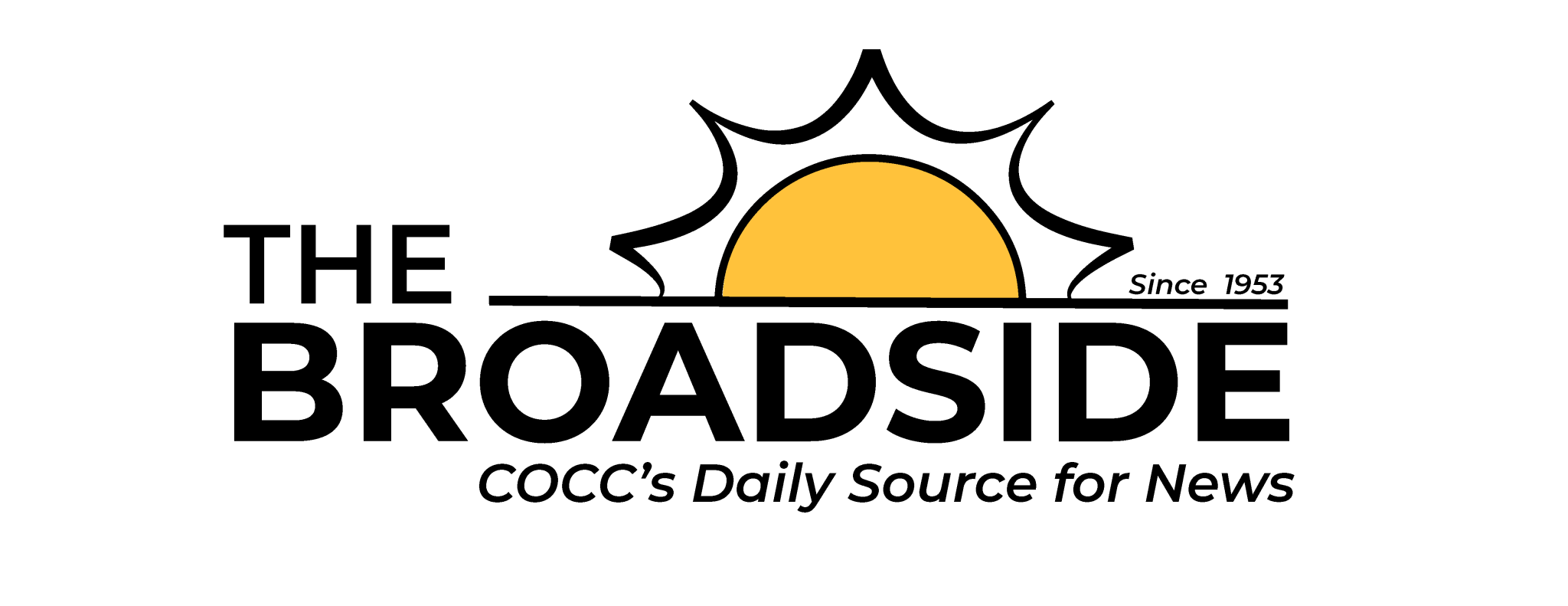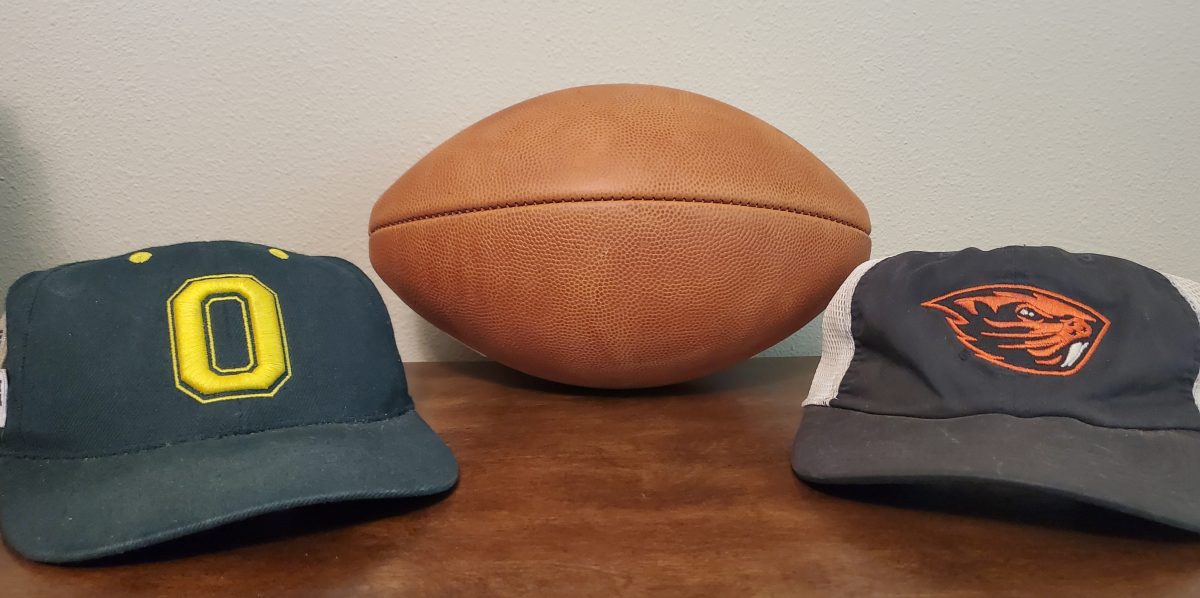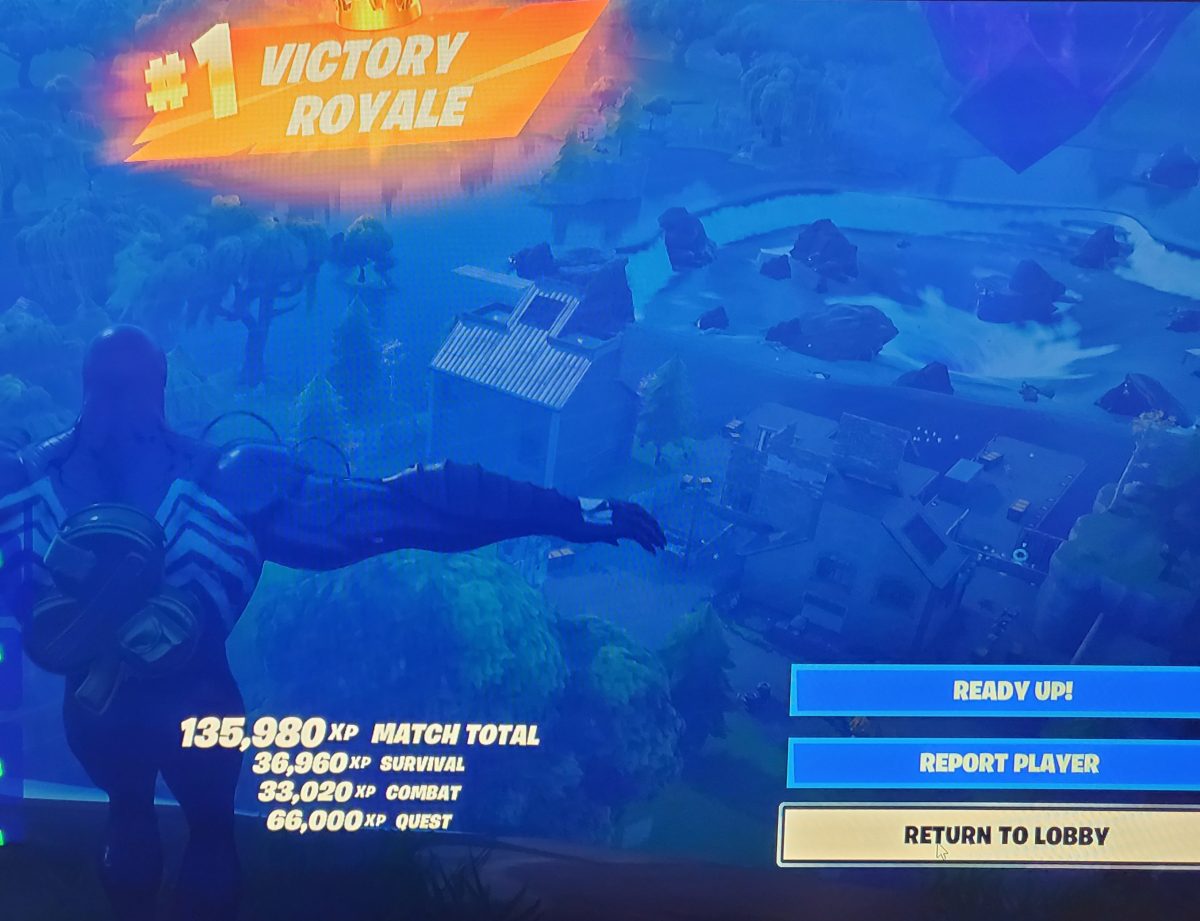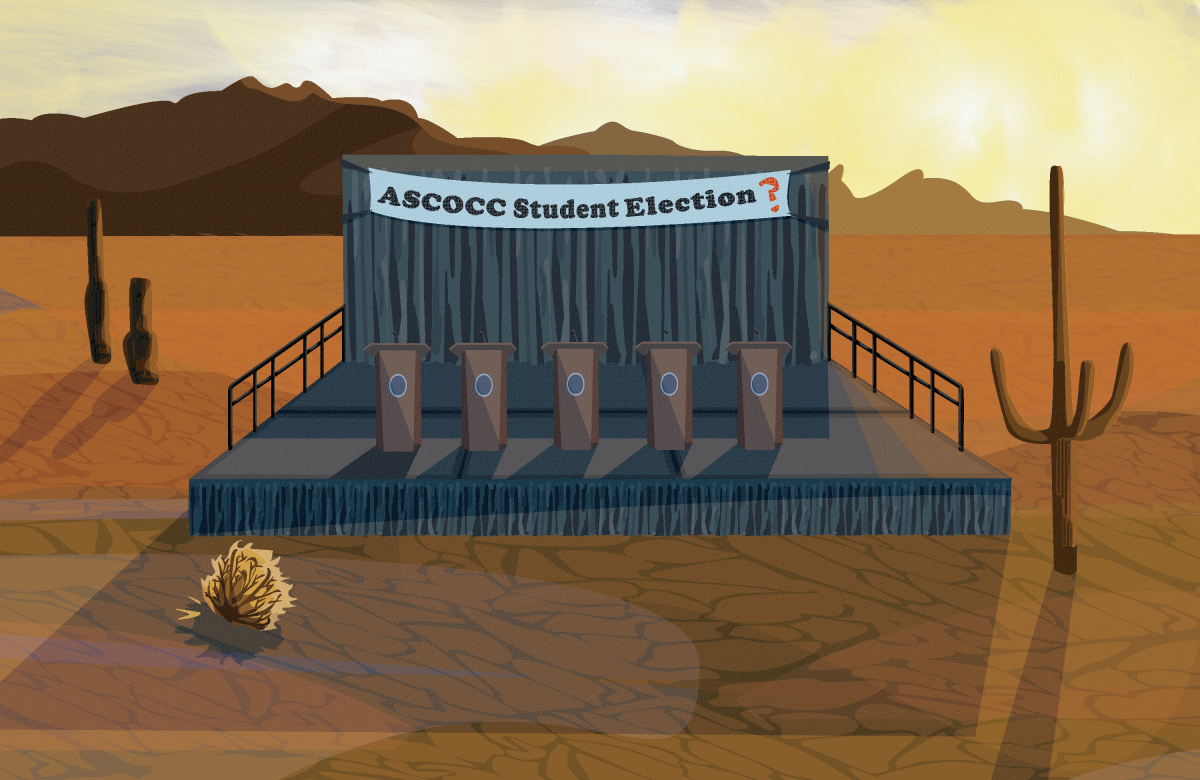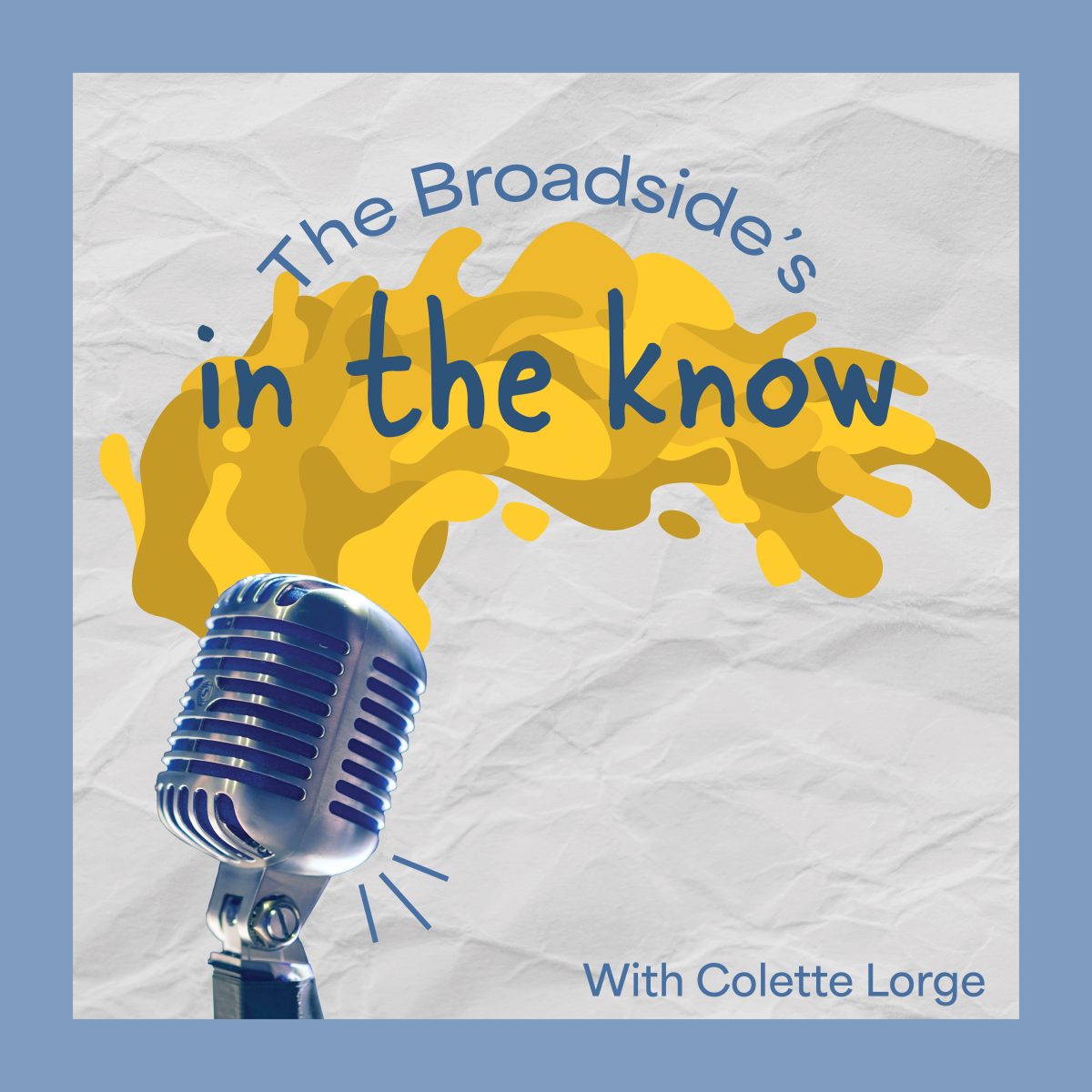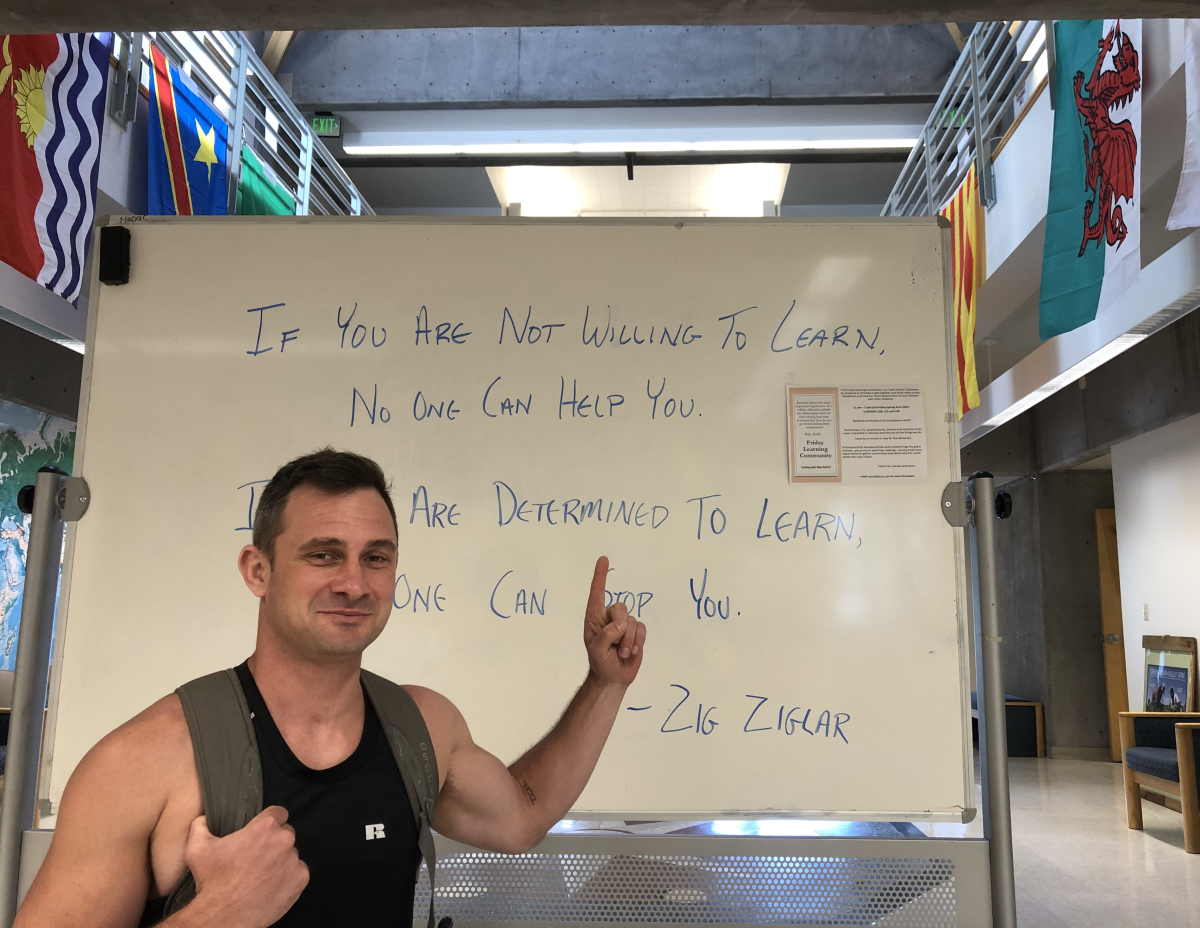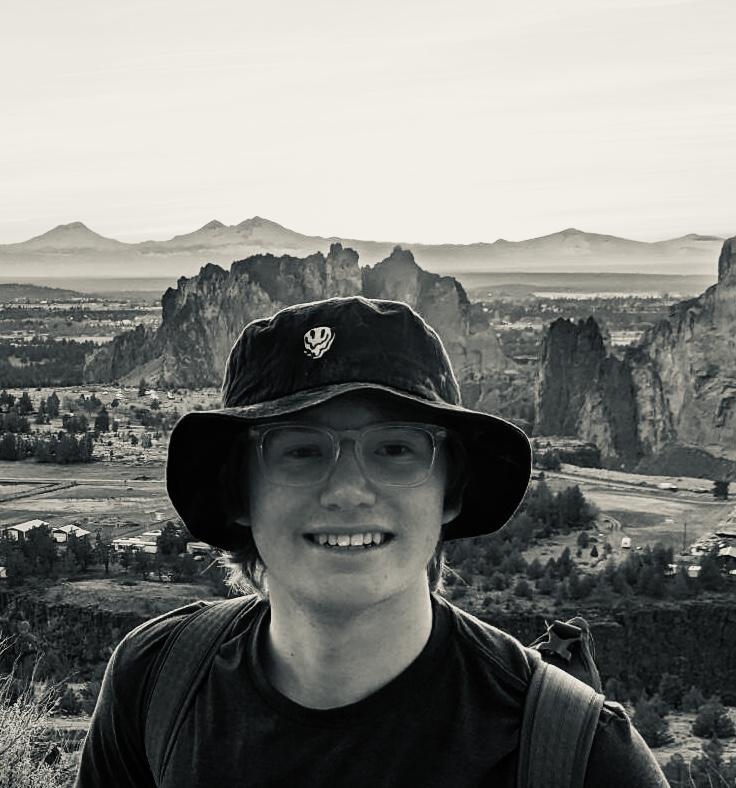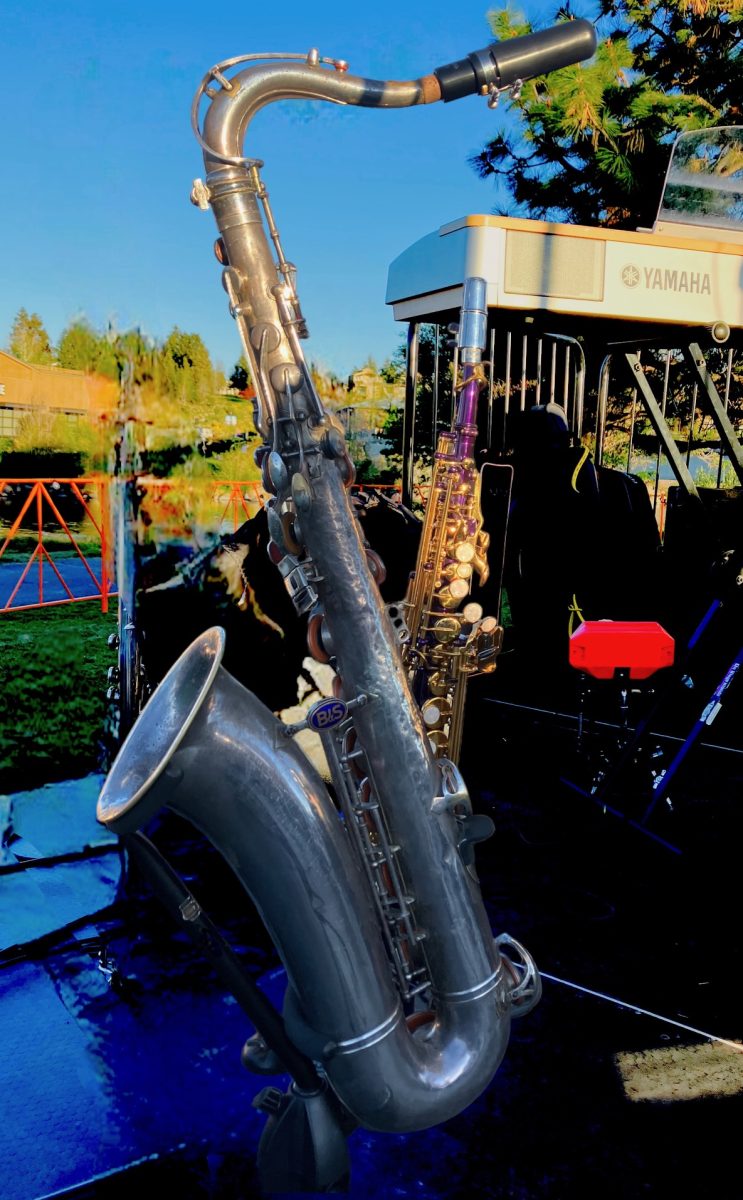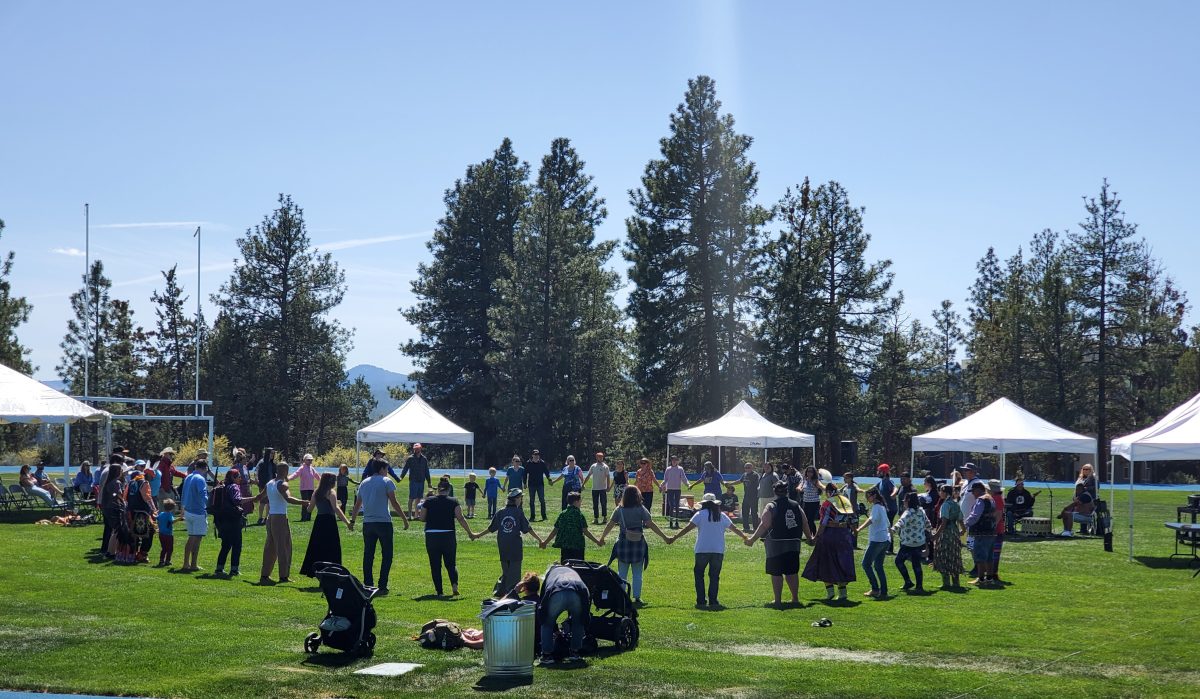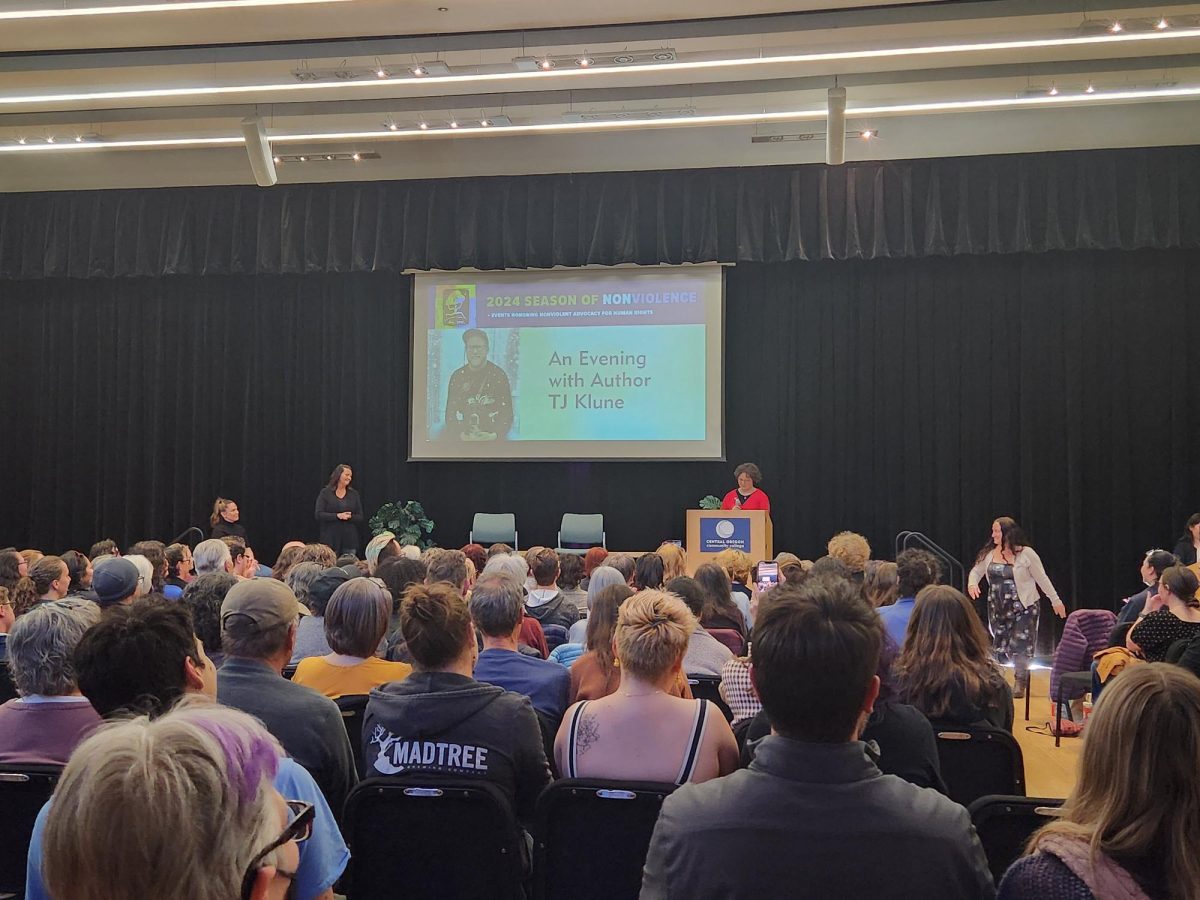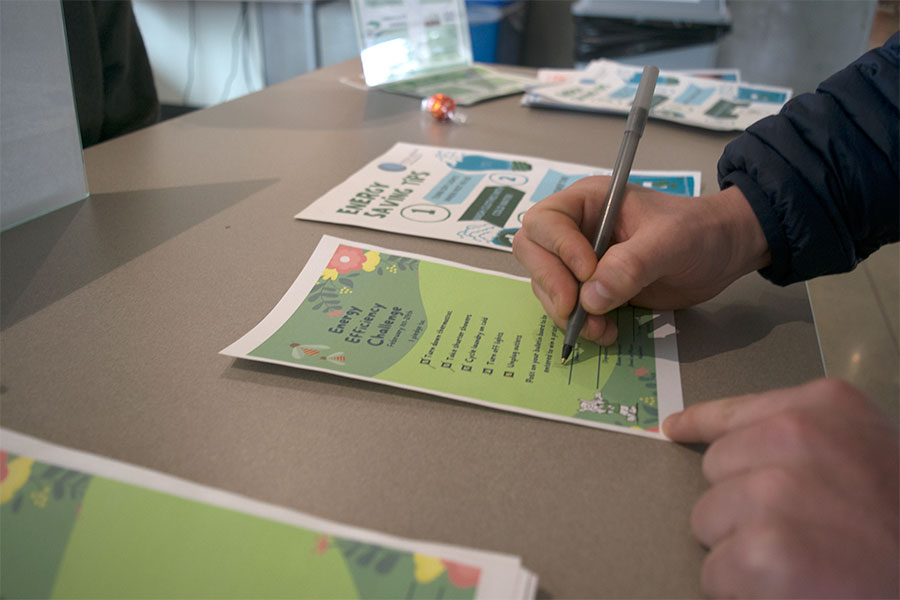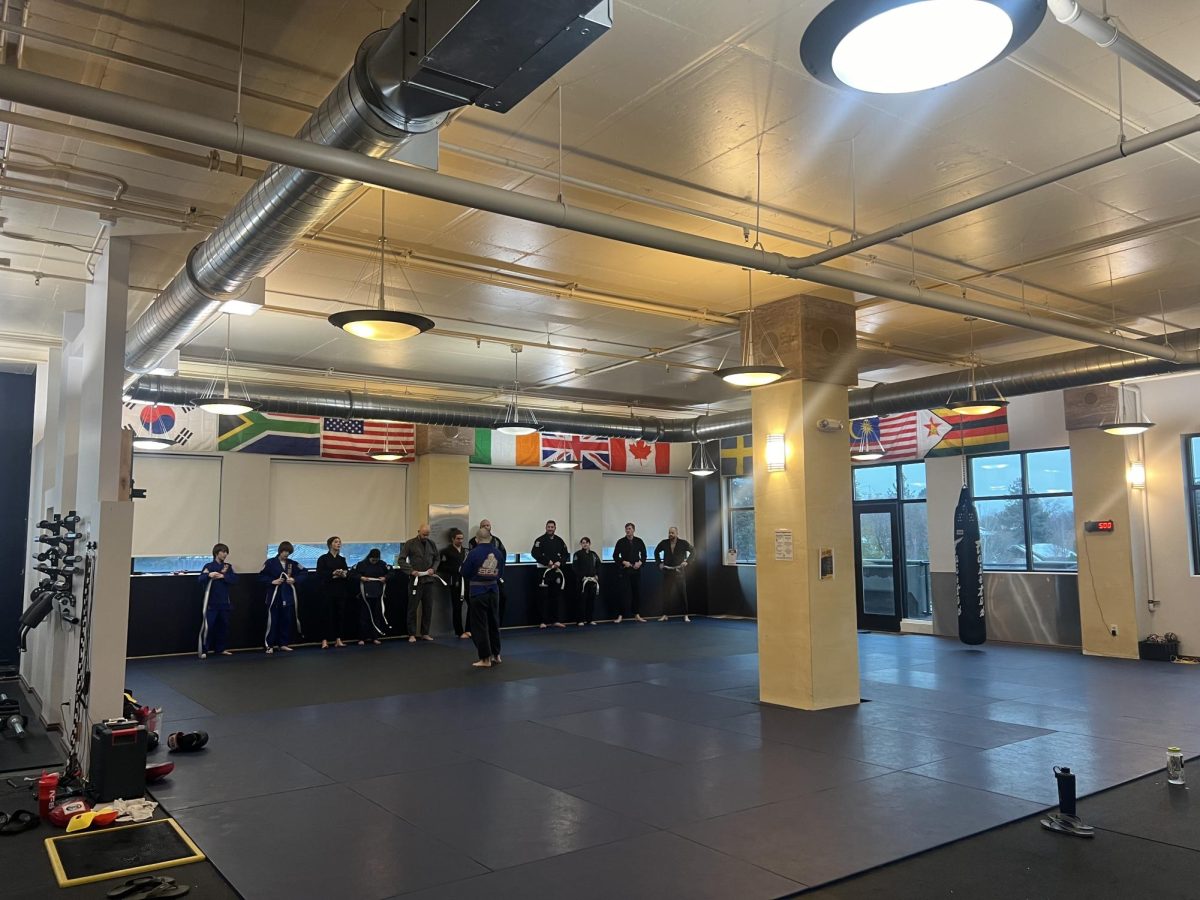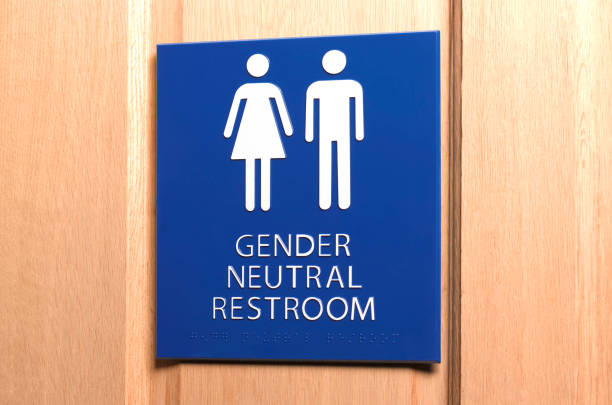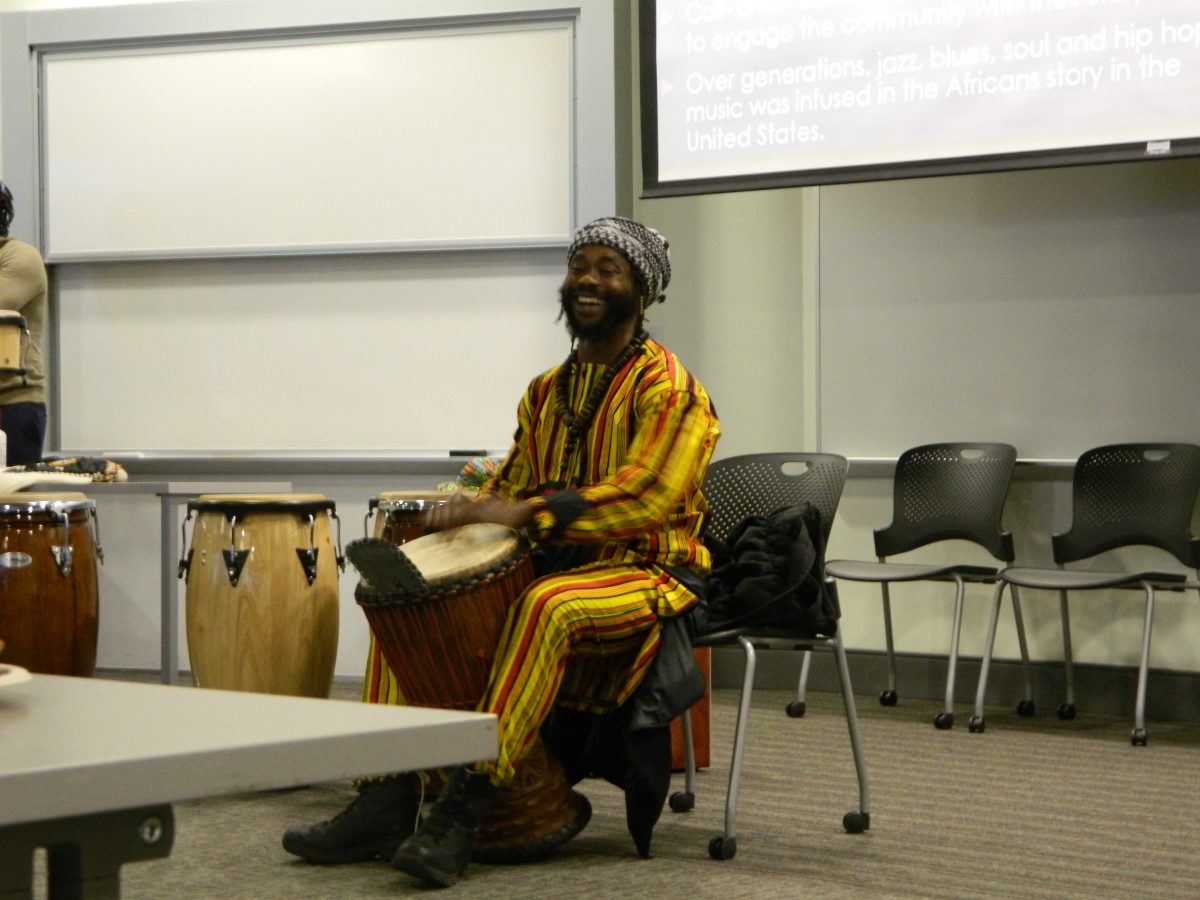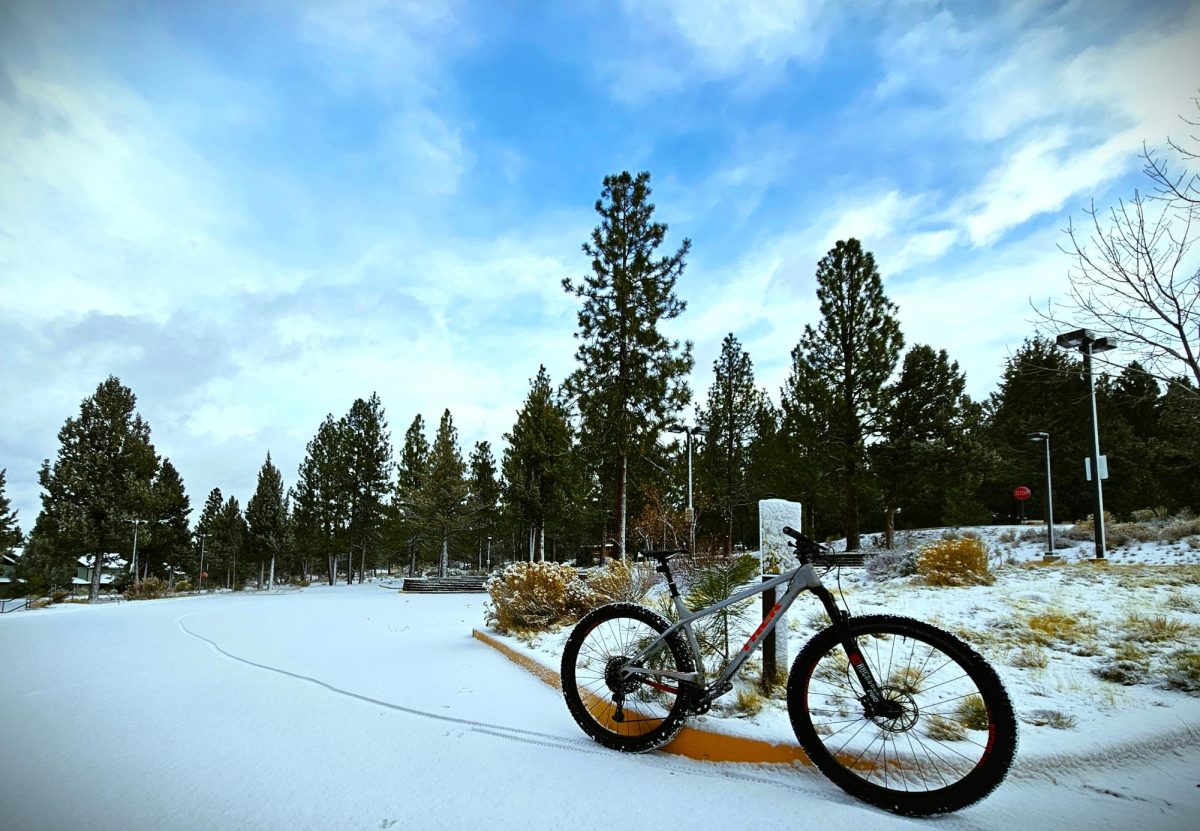About six months ago, Atom O’Neill, a 38-year-old business student at Central Oregon Community College happened upon a powerful language-based artificial intelligence program: ChatGPT.
O’Neill has used ChatGPT, a publicly available research release of one of OpenAI’s language models, to write scholarship applications, business communications and letters to politicians. O’Neil has also used the program to enhance his assignments in school. Instructors and staff at COCC are changing their relationship with technology in the classroom as language-based AI programs become more accessible.
When asked about the ethical implications of using programs like ChatGPT while completing coursework O’Neill said, “If I was in the NFL, I’m not going to have a moral issue with taking steroids because I’m playing with a bunch of dudes who are cheating and taking steroids.”
These kinds of tools come with the next iteration of technology that will change education. O’Neill feels that artificial intelligence programs will continue to become more relevant in both education and in the workplace.
“I think that there is a difference between using resources to find sources and generate ideas and using tools that create an entire work,” COCC Director of Student Life, Andrew Davis said.
COCC writing instructors Mike Cooper and Stacey Donahue agreed ChatGPT can provide useful ideas, outlines and even sources to start a project. Donahue has already imported her assignments for her writing class and found ChatGPT could not complete them. Cooper said ChatGPT’s writing sounds hollow, and it does not create synthesis, meaning it cannot combine ideas on a variety of topics and generate a new perspective.
For some disciplines, differentiating between human input and ChatGPT can be more difficult. Donahue believes that teachers must steer away from common essay questions if they want their students to continue doing original work.
“I’m not interested in essays that are a sort of information dump,” Cooper said, reaffirming that true college level writing involves more than just resharing information.
Jacquelyn Coe, Chair of COCC’s Math Department said, “As math instructors, we are looking at how do we change so that education of mathematics becomes less of a wrote thing that AI can do and more about thinking.”
Coe said mathematics is really about problem solving and critical thinking skills. While an AI engine can solve a problem, it cannot fabricate the most applicable skills students learn in math class. Coe acknowledged that education is a variable medium and the importance of adapting the classroom to modern technology.
“We’re attempting to change education based on what is useful, and thinking is not going away, [ChatGPT] is not going to make us obsolete, it just means we will have to adapt and change.”
Andrew Davis, Director of Student Life at COCC, is responsible for all issues of student conduct at the college. Teachers generally manage issues of academic integrity at COCC, but Davis reported that he has not yet learned of a case of a student using an AI text engine to fabricate an assignment at COCC.
According to ChatGPT’s terms of service, the user owns all outputs they generate using the service. However, using ChatGPT to produce creative work stands in violation of COCC’s plagiarism policy, which requires students to generate their own creative product.
Davis said a student’s integrity relies on their personal courage to do the right thing, even if it is not always the easy thing; “Integrity is what you do in the dark.”
In response to O’Neill’s use of ChatGPT to write college applications and scholarship essays, Donahue and Cooper commented that although the kinds of questions on these applications are often generic, the college would be deciding to award admission or scholarship to an AI and not O’Neill himself.
“On a college application, a lot of what you’re looking for is for the person to be themselves and not be an AI,” Davis said regarding O’Neill’s use of ChatGPT. O’Neill agrees that ChatGPT is no substitute for his own critical thinking skills, but plans to continue using ChatGPT in both personal and educational settings.
